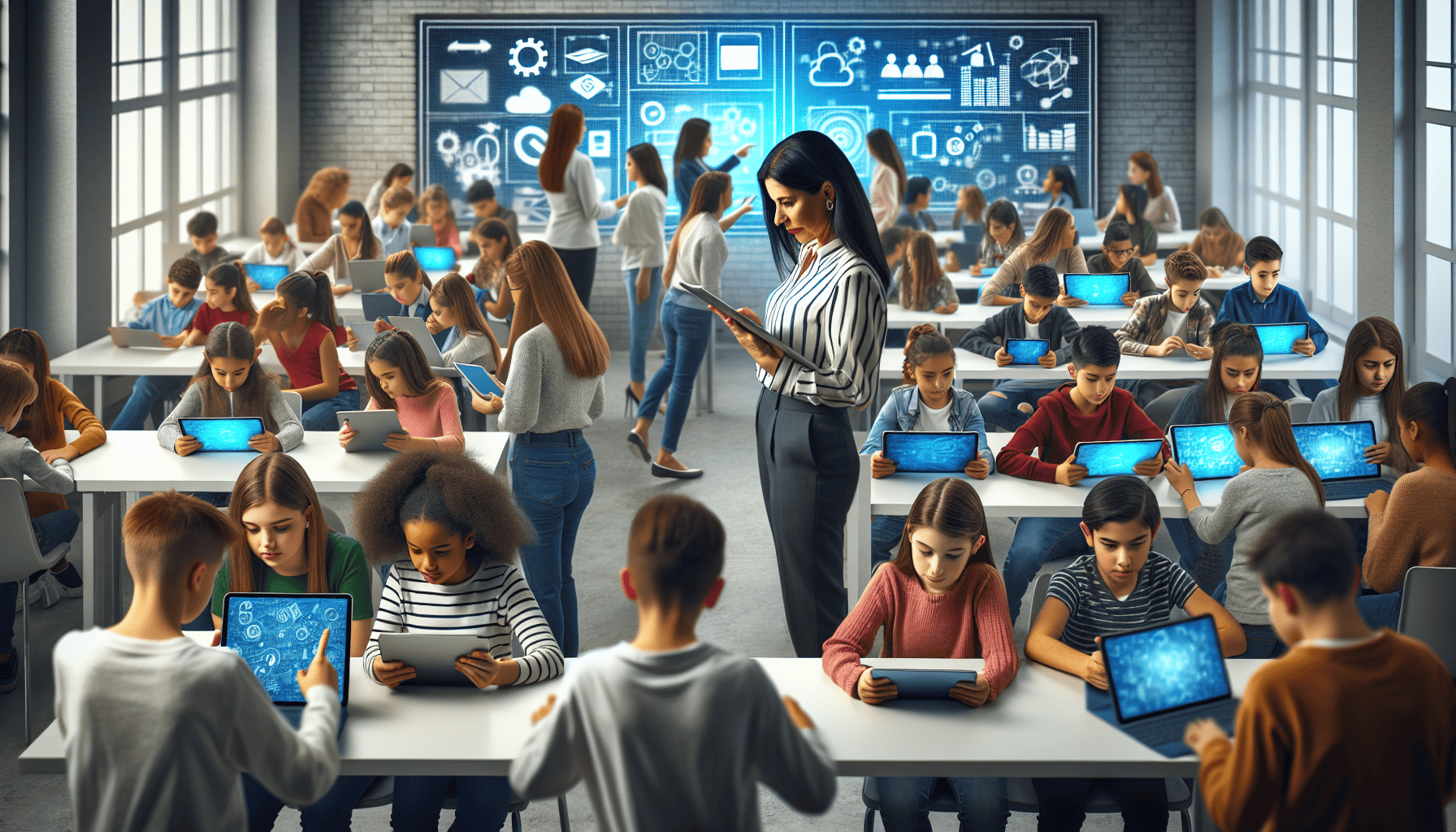In recent years, South African schools have embarked on a transformative journey to integrate technology into their educational environments. This move towards digitalization is reshaping the traditional learning experience, offering both educators and students new ways to engage with content and develop essential skills for the 21st century.
One of the most significant changes has been the introduction of smart classrooms. These innovative learning spaces are equipped with interactive whiteboards, high-speed internet, and digital projectors, allowing teachers to deliver more dynamic and interactive lessons. The technology facilitates a more engaging learning process, encouraging students to participate actively and collaborate with their peers.
Beyond the physical infrastructure, digital resources are playing a crucial role in revolutionizing education. South African schools are adopting e-textbooks and online learning platforms, providing students with access to a wealth of information at their fingertips. This shift not only reduces the burden of heavy textbooks but also ensures that students and teachers have access to the most up-to-date materials and resources.
Moreover, the integration of technology in the classroom is helping to bridge educational gaps. In rural areas, where access to quality educational resources has traditionally been limited, technology offers new opportunities for students to connect with a broader world of knowledge. Virtual classrooms and online courses enable remote learning, providing students with opportunities to learn from experienced educators regardless of geographical constraints.
The impact of technology in South African education extends beyond just academics. It is also fostering digital literacy, a vital skill in today's technology-driven world. By engaging with technology daily, students are becoming adept at using various digital tools and platforms, preparing them for the future workforce.
However, the integration of technology in schools is not without challenges. Ensuring equal access to new technologies remains a critical issue, as disparities between urban and rural schools can lead to unequal learning opportunities. Additionally, ongoing training for teachers is essential to effectively integrate new tools and pedagogies into their teaching practices.
Despite these challenges, the movement towards incorporating technology into South African classrooms holds great promise. By embracing digital tools, educators can create more inclusive and effective learning environments, ultimately leading to a more informed and technically proficient generation. As these efforts continue, South Africa is positioning itself to harness the full potential of technology to enhance education and prepare students for the future.
